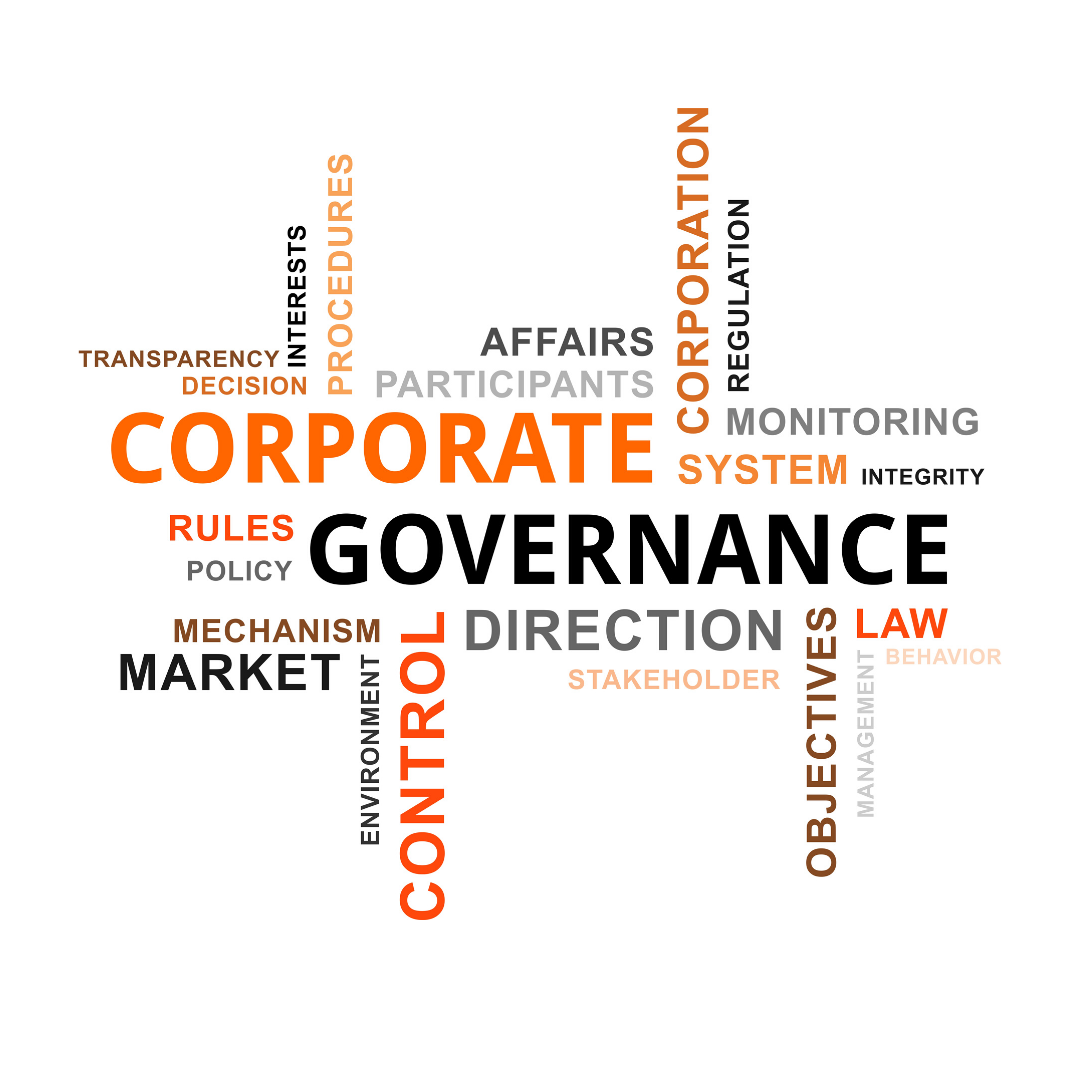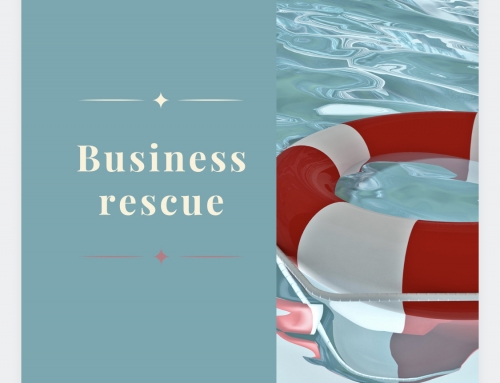Corporate
Citizenship

Written by: Nomzamo Percy Shabangu
At the start of our national lockdown due to the novelty pandemic covid19, we witnessed a lot of people, especially those of under resourced communities, suffer tremendously as their livelihoods were disrupted and were left hanging with no means to feed themselves and their families.
The lockdown has since exposed the extreme levels of inequality and poverty with families having to queue for food parcels and handouts. The country witnessed the carjackings of trucks transporting the food parcels due to their disproportionate supply.
In abatement of these disparities, We have seen acts of solidarity from ordinary people , NPO’s, businesses and our government bending together in efforts of extending help to those in need. This is commendable and brings me to the reasons why I decided on the subject of Corporate Citizenship for this article.
I cannot fathom the material impact still to be felt post-covid. With 150 companies having applied for business rescue and over 120 companies filling for employee retrenchments, the future of our economy, its resilience and elasticity is yet to be tested like never before.
My concern is the people, the community, society. Our economy is undoubtedly facing major contractions and building it back to where it was, will take some extra level of strategic navigation, endurance, tenacity & creativity.
It is more critical now than ever, for business to consider, not just the shareholders but all stakeholders, especially the community. It is this time that Corporate South Africa and big business must consider running their operations with the stakeholder- centric approach as envisaged in KING IV.
We need business to rethink their purpose from shareholder-centric to stakeholder-centric as advocated by the KING IV. Our communities need to be considered for partnership opportunities by big business. It is pivotal to re-align communities to form part of business’s long- term strategies in the supply chain.
Our small business sector demonstrated resilience and the ability to pivot their business activities not only to survive covid19 but to also strive post covid19. We saw local manufacturing rising above the outcry of job losses and other sectors shutting down, those who could, pivoted.
It is those that couldn’t that should be considered by big business to strategically partner with in order to create sustainable value for both sectors, this will not only mitigate the adverse impact of covid19 on business and society, but it will also speak to provisions of the companies act 71 of 2008 and corporate citizenship as per the assertions of KING IV.
We’ve seen all stakeholders pulling together upon the announcement of the lockdown, we need to see the continuation of such post covid19 and beyond for the sake of our people. Business should revisit their policies on corporate governance and realign them with these desperate times.
Perhaps, this is also an opportune time for business to do some introspection into how they have contributed towards nature through their business activities and seek to do better, for we have been given an opportunity (covid19) to unlearn harmful behaviour, that which is detrimental to our environment and the ecosystem and put into practice new ways that will have positive and sustainable value towards building a future for the next generation.
Corporate citizenship encompasses values of Ubuntu, collectivism, sustainability, stakeholder inclusion, environmental and social impact, accountability through integrated reporting by business. Let us pause, reconsider and realign our efforts towards the betterment of our environment and the livelihood of those underprivileged.
It is a call, on all of us, to do better.



